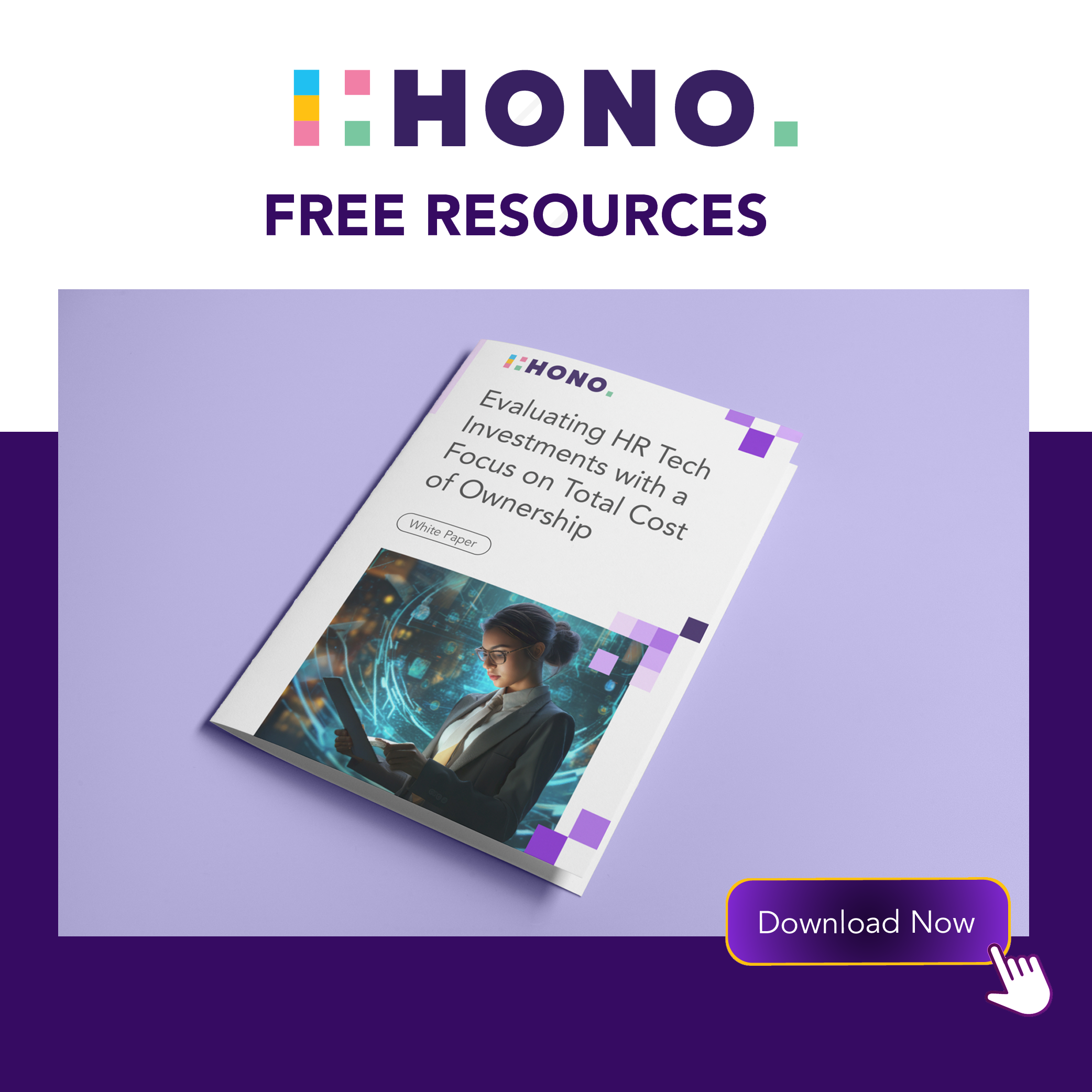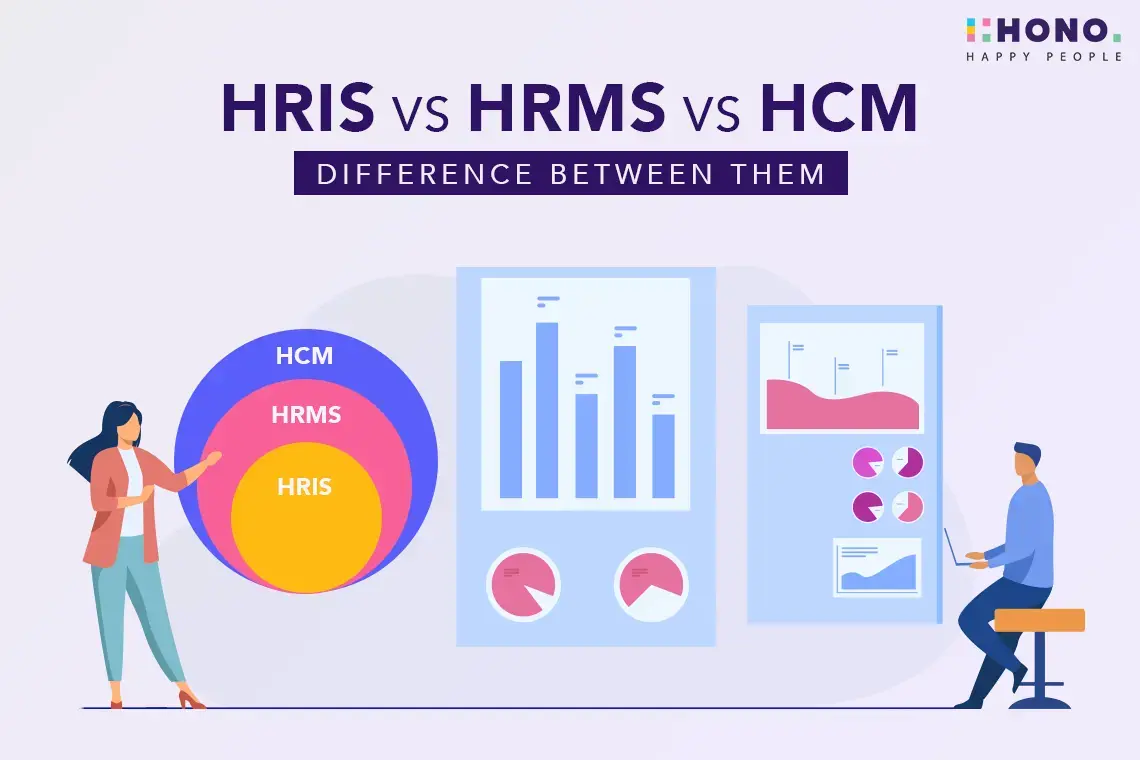According to Gartner, by 2025, 60% of mid-sized and large enterprises worldwide will have invested in cloud-based human capital management (HCM) suites. These suites will primarily be used for administrative human resources tasks and talent management. Nevertheless, these organizations will still find it necessary to obtain. 20% to 30% of their HR needs, which often include Workforce Management (WFM) functionalities, from alternative solutions. Additionally, by the same year, it's anticipated that 80% of large enterprises employing hourly workers will invest in WFM systems. This investment aims to enhance the overall employee experience and support initiatives related to the workplace's digital transformation.
Key Insights
- Cloud-Based HCM Adoption: By 2025, 60% of mid-sized and large enterprises will adopt cloud-based Human Capital Management (HCM) suites, primarily for administrative HR tasks and talent management.
- Need for Complementary Solutions: Despite HCM adoption, 20-30% of HR needs, particularly Workforce Management (WFM), will still be met by other solutions, indicating a fragmented HR tech landscape.
- WFM Investment Surge: 80% of large enterprises with hourly workers will invest in WFM systems by 2025, driven by a need to improve employee experience and support digital workplace initiatives.
- TCO Importance: Total Cost of Ownership (TCO) is crucial when evaluating HR tech investments. It considers not only upfront costs but also ongoing expenses like implementation, maintenance, and potential hidden costs.
- Strategic Decision-Making: TCO analysis helps organizations make informed decisions about HR tech investments, ensuring alignment with strategic objectives and maximizing long-term value.



